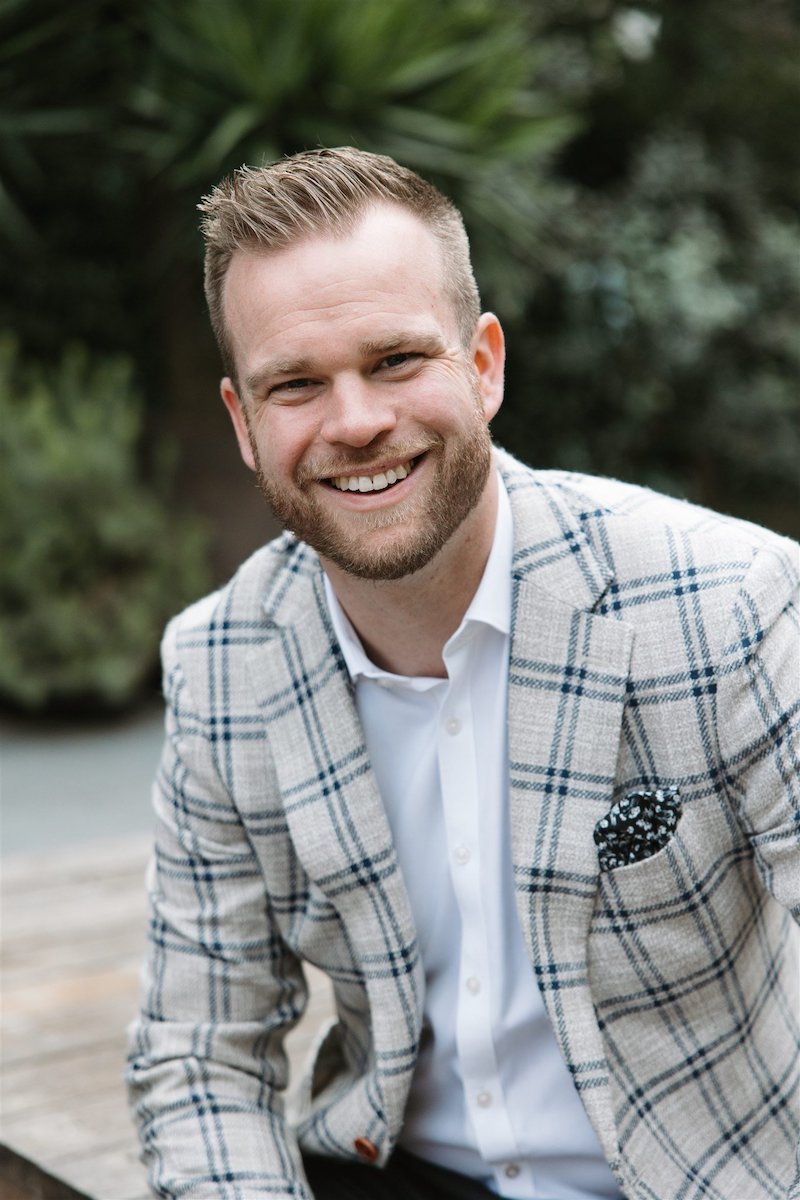
Being Heard: Public Speaking and Presenting
Sensemaking and Connecting with a Group
"Be sincere; be brief; be seated." - Franklin D. Roosevelt
Public speaking can invoke distress and even fear in the speaker; resulting in over-prepared, over-formalised, and over-rigid presentations that simply do not connect to the audience. FDR Franklin Roosevelt is very clear in his quote: “sSpeak from the heart, communicate what the audience needs to hear (not necessarily what you want to say) and then give others the opportunity to speak.”
Being Heard: Public Speaking and Presenting gives practical tools to participants to overcome humankind’s most profound fear: speaking in public.
Using practical strategies and practice during the sessions, participants will consider how best to connect with their audience, educate the group on their ideas, and invoke action from your audience to make progress on your most important objectives.
This program is ideal for those who need to communicate their ideas at scale or need to influence more than one person at a time.
-
As a resulting of attending this program, participants will:
Plan, prepare and deliver engaging presentations
Demonstrate effective presentation and communication skills
Speak clearly and confidently in both prepared and impromptu speaking situations
Evaluate the effectiveness of your presentations
Create connections with a group
-
Social and emotional intelligence
Social insight and impact
Communication and public speaking
Confidence and resilience
-
1-day face-to-face or virtual workshop
Facilitator-led knowledge transfer
Small and large group discussion
Practical application: presenting to the group and receiving feedback
Case-in-Point Methodology
Who should attend?
Anyone who must present their information to a group.
Getting the Best Possible Outcome
Negotiation Skills for Leaders
Leaders have to work with people both inside and outside the organisation, oftentimes with cross purposes.
How can leaders maintain a working relationship while still getting the best possible outcome?
Negotiation functions in our day-to-day lives from large group problem solving to getting the best price on products or services.
This program considers how to negotiate to get the best outcomes while still retaining an effective working relationship.
This workshop includes a negotiation case study where participants can practically apply their skills and receive feedback on their approach.
-
As a resulting of attending this program, participants will:
Consider the needs of each party in a negotiation
Apply a collaborative problem-solving methodology to negotiations
Engage effectively difficult conversations
Build and maintain a positive relationship while getting the best possible outcome
Increase their negotiating power by creating a Best Alternative to a Negotiated Agreement (BATNA)
-
Social insight: Political nous and interpersonal savvy
Social skills: Relationship management
Collaborative problem solving
Principled Negotiation
-
1 day face-to-face or virtual workshop
Facilitator-led knowledge transfer
Small group and large group discussion
Case study: Difficult conversation
Who should attend?
This program is designed for participants at all levels.
“Max went above and beyond in caring about each of us and always being open and approachable.
I’m so grateful for your willingness to witness me and to be a support as I came face to face with my shadow and worked out how to be the best leader I can be.
It was way more than I expected and you’re amazing.
Thank you for being you.”
-Assistant Director, Department of Prime Minister and Cabinet
Managing Relationships: North, South, East and West
Communicating effectively within the organisation
It is the organisation’s people and the way they interact with each other that keeps an organisation running effectively.
However, this can be difficult in the face of complexity and hierarchy where dynamic formal and informal relationships exist between actors.
When people are unable to develop or rely on relationships (both formal and informal) with other actors, organisations can become easily misaligned: inefficiency and ineffectiveness quickly follows.
However, when people develop, maintain, and rely on productive relationships with those above, below and at their level in the hierarchy, organisational value is not only created but amplified.
Simply put, the value created together is greater than the sum of each individual alone.
The focus of this program will be on developing relationships with your manager, your manager’s manager, your team, and your colleagues. It is through these relationships that people effectively contribute to the organisation and amplify the total value created.
-
As a resulting of attending this program, participants will:
Consider their ‘leadership shadow’ by understanding and influencing attributions by others
Apply emotional intelligence to enhance interactions with others
Develop social insight and wield effective social skills
Position themselves within their system and become a system broker
-
Social insight: Political nous, interpersonal savvy, and service orientation
Social skills: Impact management, relationship management, and leading group processes
Emotional intelligence
Impression management
-
3-hour virtual delivery
Facilitator-led knowledge transfer
Small group and large group discussion
Knowledge Broker Analysis
Who should attend?
This program is designed for participants at all levels who wish to build their network and influence beyond their team.
You and your Team Leaders are one step away from breaking new ground in Team Performance, Culture and Authenticity.
Join us for a Communication workshop.
Your guides
Get to know the team who deliver the Rixe Group Leadership programs.





